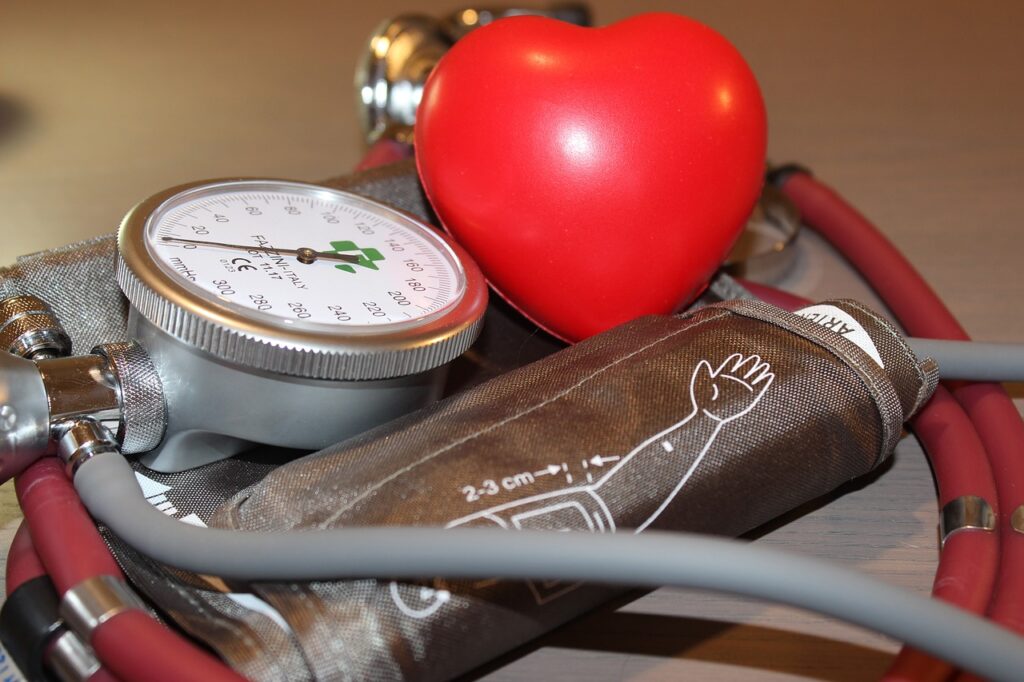
Key Strategies to Manage and Control Hypertension:
Hypertension, also known as high blood pressure, is a medical disorder characterized by excessive artery blood pressure levels. Blood pressure is the force exerted by blood against the artery walls as the heart spreads it throughout the body.
There are two primary types of hypertension:
Primary (essential) hypertension: This is the most common type, accounting for about 90-95% of cases. The exact cause is often unknown, but it develops over time and is influenced by various factors such as lifestyle, genetics, and age. Persons who more prone to primary hypertension are obese, physically inactive , eat high salt foods, stress, alcohol consumption, and with a family history of hypertension.
Secondary hypertension: This type is caused by an underlying health condition or medication. Secondary hypertension accounts for about 5-10% of cases and tends to appear suddenly. It can be a result of kidney disease, hormonal disorders (such as hyperthyroidism or Cushing’s syndrome), certain medications (such as birth control pills or decongestants), sleep apnea, adrenal gland tumors, or narrowing of the arteries. Treating the underlying cause of secondary hypertension can often help to manage the levels of blood.
It’s worth noting that hypertension is often referred to as a “silent killer” because it typically does not cause noticeable symptoms in the early stages. Regular blood pressure check-ups are essential to detect and manage hypertension effectively. If left uncontrolled, hypertension can lead to severe health complications such as heart disease, stroke, kidney problems, and other organ damage. So it’s important never to ignore.
Diet plays a significant role in the development and management of hypertension. Certain dietary choices can contribute to high blood pressure, while others can help lower it.
Here are some ways in which diet affects hypertension:
Sodium (salt) intake: Consuming too much sodium can raise blood pressure levels. High sodium intake leads to water retention, increasing the volume of blood in the arteries and putting more pressure on the arterial walls. Reducing sodium intake is important for managing hypertension. The American Heart Association recommends limiting sodium intake to no more than 2,300 milligrams (mg) per day, and ideally, to 1,500 mg per day for most adults.
DASH diet: The Dietary Approaches to Stop Hypertension (DASH) diet is a well-known dietary approach that has been shown to lower blood pressure. The DASH diet emphasizes eating fruits, vegetables, whole grains, lean proteins, and low-fat dairy products while reducing the consumption of saturated fats, cholesterol, and sodium. It is rich in nutrients like potassium, magnesium, and calcium, which can help regulate blood pressure.
Potassium-rich foods: Foods high in potassium: Potassium helps mitigate the effects of salt on blood pressure. Increasing potassium intake can promote healthy blood pressure levels. Foods rich in potassium include fruits (such as bananas, oranges, and avocados), vegetables (like leafy greens, sweet potatoes, and tomatoes), dairy products, and fish.
Magnesium-rich foods: Magnesium is involved in regulating blood pressure and muscle function. Consuming magnesium-rich foods may have a beneficial effect on hypertension. Good sources of magnesium include green leafy vegetables, nuts and seeds, whole grains, legumes, and fish.
Healthy fats: Replacing saturated and trans fats with healthier fats like monounsaturated and polyunsaturated fats can have a positive impact on blood pressure. Foods rich in these healthier fats include avocados, olive oil, nuts, seeds, and fatty fish.
Alcohol consumption: Excessive alcohol consumption may result in a rise in blood pressure. If you prefer to consume alcohol, you must do it in moderation. In general, moderate alcohol consumption is considered as one drink per day for women and two drinks per day for males.
It’s important to note that while dietary modifications can help manage hypertension, they are typically most effective when combined with an overall healthy lifestyle, including regular physical activity, maintaining a healthy weight, managing stress, and avoiding tobacco use.
It is always advisable to consult with a healthcare professional for proper treatment. Proper medicine, diet and active lifestyle helps in managing and reducing blood pressure levels. Adopting a healthy diet can contribute to better control of hypertension and may even allow for a reduction in medication dosage under the supervision of a healthcare professional.
